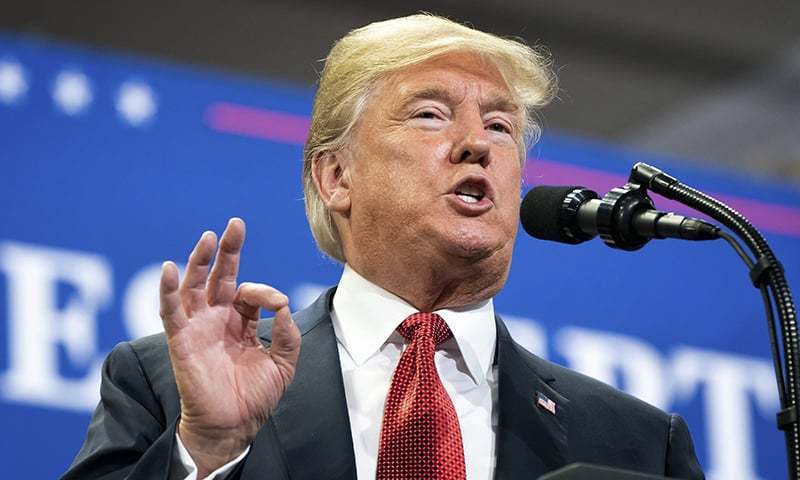News Analysis |
Adam Malpass, the U.S Under Secretary of Treasury for International Affairs, while talking to a congressional panel stated that the United States wants to help Pakistan in reviving its economy so that it is not a failure in the future. The Treasury Department official was part of the congressional hearing where concerned were raised by the Senators regarding the IMF money being used to service the Chinese debts.
A senator referred to the Secretary of State Mike Pompeo’s last month stating that the United States of America would not allow its taxpayers’ money, which is the part of funds at IMF’s disposal to be lent upon request of countries, for Pakistan to repay its Chinese debt.
Finance Minister Asad Umar talked about the same assumption which is prevalent in the international media in his discussion in BBC’s HardTalk show.
“With regard to Pakistan, Secretary Pompeo is exactly right. So, we are working and making clear within the IMF that if it were going to supply any funding to Pakistan that it would not be used to repay Chinese loans,” Mr. Malpass said.
The Orchestrated Confusion Regarding the Chinese Debt
There is an engineered confusion being spread on the international media that Pakistan is seeking the aid from International Monetary Fund to service a part of its $60 billion Chinese debt. It seems that the PTI government was anticipating the particular sort of repulsion alongside strict policies pegged with the IMF loan, therefore efforts were made to arrange funds through friendly nations.
The continuous diplomatic efforts of the Prime Minister and his team were a success which saw huge investment and loans being promised by Saudi Arabia and UAE. Pakistan’s net international reserves are troublesome while the country continues to run a very high current account deficit of over five percent of Gross Domestic Product (GDP).
Read more: US-Pakistan relation: A paradigm shift
The demand for dollars for imports, loan repayments and speculative capital flight continues to far exceed the country’s capacity to earn dollars through exports and remittances. It is imperative that the first priority of the economic intelligentsia of the government it to avoid the looming balance of payment problem to give the economy the required push before the long-term plan of working on the balance of trade.
The fact about the Chinese debt is that Pakistan is not liable to pay back anything until 2021 as per the agreement which was also stated by the Treasury Official in front of the congressional committee. Secondly, the total Chinese debt is merely around 10% of the total debt obligation of Pakistan hence the concern that the dollars from IMF would end up in the Chinese hand is nothing more than a hysteria created to serve the vested interest.
Pakistan’s net international reserves are troublesome while the country continues to run a very high current account deficit of over five percent of Gross Domestic Product (GDP).
Especially at the current juncture where the reserves are suffering and Pakistan needs the dollars in hand, rather just moving them from one hand to another. Finance Minister Asad Umar talked about the same assumption which is prevalent in the international media in his discussion in BBC’s HardTalk show.
The U.S Concern about Pakistan’s Economy
Given the significance of Pakistan due to its geostrategic position and the possession of nuclear arsenal it is not difficult to understand why the United States is concerned about the state of its economy. If not for the success of Pakistan as a country, but for its own strategic prospects, the United States wants to see Pakistan’s economy thriving.
Read more: IMF: The economic hit-man hunting poor countries? – Farid A Malik
Because the consequences of a fragile economy are not healthy as it would allow the U.S rivals to chip in with more of their money and resultantly the leverage would slip away from the United States leaving the rivals in charge of the situation. Therefore, the only way to interpret the United States willingness to help Pakistan in the current economic crisis to avoid a further drift toward China.














